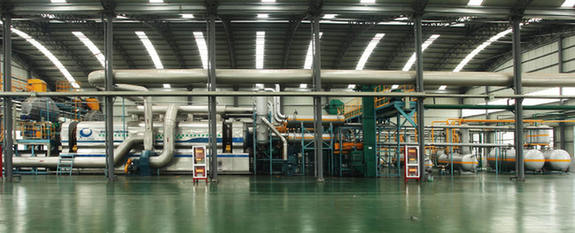Impetus for Action
A unique framework
One proposal, on which APEC deliberates in November, is what steps might be taken to make the region more cohesive as a market. The European Union (EU), often held up as a model of multilateral cohesion, works best as a common market, and that indeed was its founding idea. Political, social and cultural linkages only grew later among its member states. For Asian countries, the appeal of the EU as a model is strongest in its success in creating at least a common concept of the market and the rules by which to engage within this across the different members with their different levels of development and domestic demands.
APEC is much more diverse and complex in its membership than the EU, and therefore thinking that it would be easy to set up a common market overnight would be wrong. But the aspiration is certainly there to at least provide a framework where there is better access to each other's markets, particularly in services, and a better trade foundation in terms of rules and procedures. This is particularly so in an era in which the World Trade Organization is unlikely to supply any new global agreements anytime soon, and where regional and bilateral trade deals are only likely to increase.
It will be a daunting task to try and encapsulate the idea of a common Asia-Pacific regional market in one statement or framework. Part of this is because the members will all be fighting for different things: Many will want good access to the vast Chinese market; others, to tap into better sharing of technology or intellectual property partnerships with the United States. Some will want more cooperation on the environment and resources, and the lifting of tariffs across the region. At the very least, however, the 2014 APEC Economic Leaders' Meeting should strive to set in place a broad framework where this discussion of common interests and how they are framed and prioritized should be constructed. There might also be some attempts to agree on how human migration across the region might work—but this, too, will be a tough issue on which to try to establish any consensus.
If the Asia-Pacific region is becoming the world's economic powerhouse, as most people now believe it is, APEC serves a crucial function in being a forum where ideas can be discussed by the people who might actually have the power to implement them. There is one simple, fundamental question the attendees have to ask: Which is the greater risk, getting new sources of growth by working together, or trying to solve these issues in a framework which still privileges local solutions? We will know by the middle of November and the end of the conference what sort of answer those attending have decided to opt for.
Source: Beijing Review

